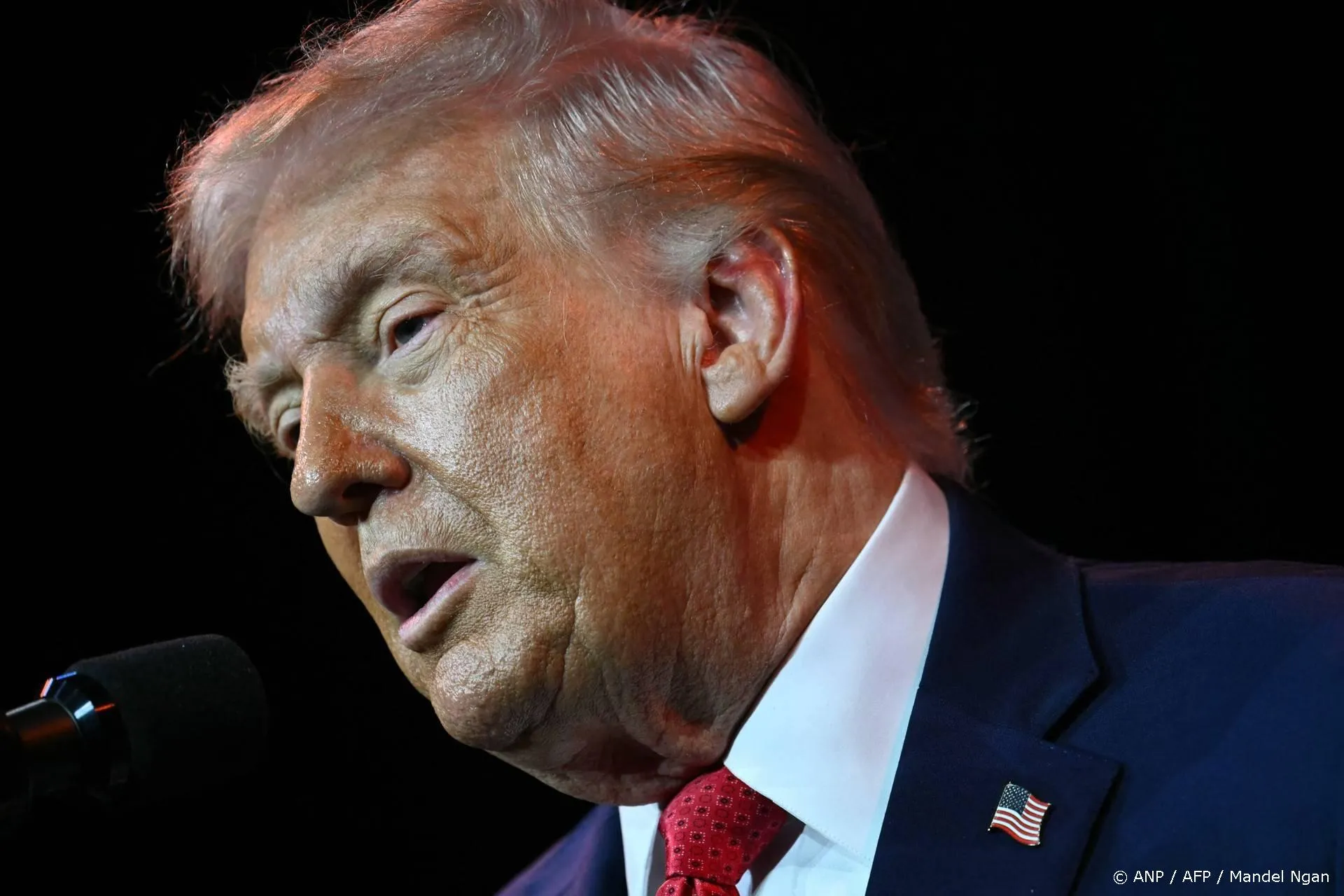Christenen en klimaat
Eentje voor de zondag!
De Amerikaanse politicoloog Aaron Widalvsky heeft ooit eens gezegd: 'Man-made global warming is the mother of all environmental scares.' Maar het gaat niet alleen om angst. Het zit dieper. Het gaat om onze omgang met de natuur in het algemeen.
Moderne Christenen hebben nogal eens de neiging om mee te surfen op de golven van het politiek correcte milieudenken. Sterker nog, sommigen behoren tot de belangrijkste architecten daarvan. Neem nu de voormalig co-voorzitter van het VN-klimatpanel (IPCC), Sir John Houghton. Hij vertelde dat hij zich in zijn werk sterk geïnspireerd voelde door zijn geloof. In een pamflet, The Christian Challenge of Caring for the Earth, stelt hij onzorgvuldige omgang met het milieu gelijk aan zonde.
When thinking of the sin and evil which results from a broken relationship with God, Christians generally think of sin against people not against the environment. But if we take seriously the clear responsibility of care for the Earth given to humans by God, we are bound also to recognize that to fail in that task is not only a sin against nature but a sin against God. It has been suggested that this new category of sin should include activities that lead to species extinction, reduction in genetic diversity, pollution of the water, land and air, habitat destruction and disruption of sustainable life styles.
This new sense of sin could also include the sin of too much talk and too little action!
En met dat laatste had hij destijds vooral de moeizame internationale onderhandelingen op het oog tot reductie van de menselijke CO2-uitstoot. Nu weten we dat het Kyoto-verdrag dat in 2012 afloopt, de groei van de CO2-uitstoot niet heeft weten te stoppen en dat een wereldwijde uitbreiding van de deelname aan dit verdrag een illusie is.
Maar de opvattingen van Houghton worden niet door alle Christenen gedeeld. De Australische R.K. Kardinaal George Pell, een intellectueel vergeleken met vele van zijn confraters, is wat dieper in de klimaatproblematiek gedoken en kwam tot conclusies die nogal afweken van die van vele mede-Christenen.
De 'Global Warming Policy Foundation' (GWPF) heeft hem uitgenodigd voor een voordracht in London. Het werd een indrukwekkend rijk, breed en diep betoog iets dat je helemaal niet van een kerkvader, die nog wel wat anders aan zijn hoofd heeft, zou verwachten.
Ik beperk me tot de conclusie.
The continuing pre-eminence of the Western world depends on the continuing creative interaction which fuelled the rise; the life-generating friction between the different forces symbolized by Athens, Rome (secular in this case), and Jerusalem. Whatever our political masters might decide at this high tide of Western indebtedness, they are increasingly unlikely, because of popular pressure, to impose new financial burdens on their populations in the hope of curbing the rise of global temperatures, except perhaps in Australia, which has two per cent of the worlds industrial capacity and only 1.2 per cent of its CO2 emissions, while continuing to sell coal and iron worth billions of dollars to Asia.
The debates about anthropogenic global warming can only be conducted by the accurate recognition and interpretation of scientific evidence. The evidence of historians is also vital because this is not simply a mathematical problem, not pure science. Extreme-weather events are to be expected, but are unexpected in every period. No one towards the end of the Medieval Warming in Europe expected the rapid descent into the cold and wet of the Little Ice Age, for example, or the freezing gales, winds and heavy rains, that produced the short summers and the terrible developing famines of 131520.
Surprises such as these will continue into the future. For this reason (among others) I support the recommendation of Bjorn Lomborg and Bob Carter that, rather than spending money on meeting the Kyoto Protocol which would have produced an indiscernible effect on temperature rise, money should be used to raise living standards and reduce vulnerability to catastrophes and climate change (in whatever direction), so helping people to cope better with future challenges.
We need to be able to afford to provide the Noahs of the future with the best arks science and technology can provide. In essence, this is the moral dimension to this issue. The cost of attempts to make global warming go away will be very heavy. They may be levied initially on the big polluters but they will eventually trickle down to the end-users. Efforts to offset the effects on the vulnerable are well intentioned but history tells us they can only ever be partially successful.
Will the costs and the disruption be justified by the benefits? Before we can give an answer, there are some other, scientific and economic, questions that need to be addressed by governments and those advising them. As a layman, in both fields, I do not pretend to have clear answers but some others in the debate appear to be ignoring the questions and relying more on assumptions.
What are the questions? They have to do with the validity of the assumptions, and therefore the conclusions, of the IPCC and, importantly, the relationship of costs and benefits in both monetary and human terms. In other words, we must be sure the solutions being proposed are valid, the benefits are real and the end result justifies the impositions on the community, particularly the most vulnerable.
You will gather that I have concerns on all three fronts. Sometimes the very learned and clever can be brilliantly foolish, especially when seized by an apparently good cause. My request is for common sense and more, not less; what the medievals, following Aristotle, called prudence, one of the four cardinal virtues: the recta ratio agibilium or right reason in doing things. We might call this a cost-benefit analysis, where costs and benefits are defined financially and morally or humanly and their level of probability is carefully estimated.
Are there any long term benefits from the schemes to combat global warming, apart from extra tax revenues for governments and income for those devising and implementing the schemes? Will the burdens be shared generally, or fall mainly on the shoulders of the battlers, the poor?
Another useful Latin maxim is in dubio non agitur: dont act when in doubt. There is no precautionary principle, only the criteria for assessing what actions are prudent.
When Galileo was placed under house arrest primarily because of his claim that the earth moved around the sun, he is said to have muttered Eppur si muove; and yet it moves. As for Galileo so for us, the appeal must be to the evidence, not to any consensus, whatever the levels of confusion or self-interested coercion. First of all we need adequate scientific explanations as a basis for our economic estimates. We also need history, philosophy, even theology and many will use, perhaps create, mythologies. But most importantly we need to distinguish which is which.
Lees verder hier.
Een opmerkelijk geluid vanuit de Christelijke gemeenschap. Met zo veel eruditie en kennis van de klimaatdiscussie zou men haast denken dat de kardinaal zijn roeping is misgelopen (maar dat kan natuurlijk niet voor een kardinaal).
Staatssecretaris Atsma, bent u nog aan de lijn?
Ga verder met lezen
Dit vind je misschien ook leuk
Laat mensen jouw mening weten
Lees ook
Loading


